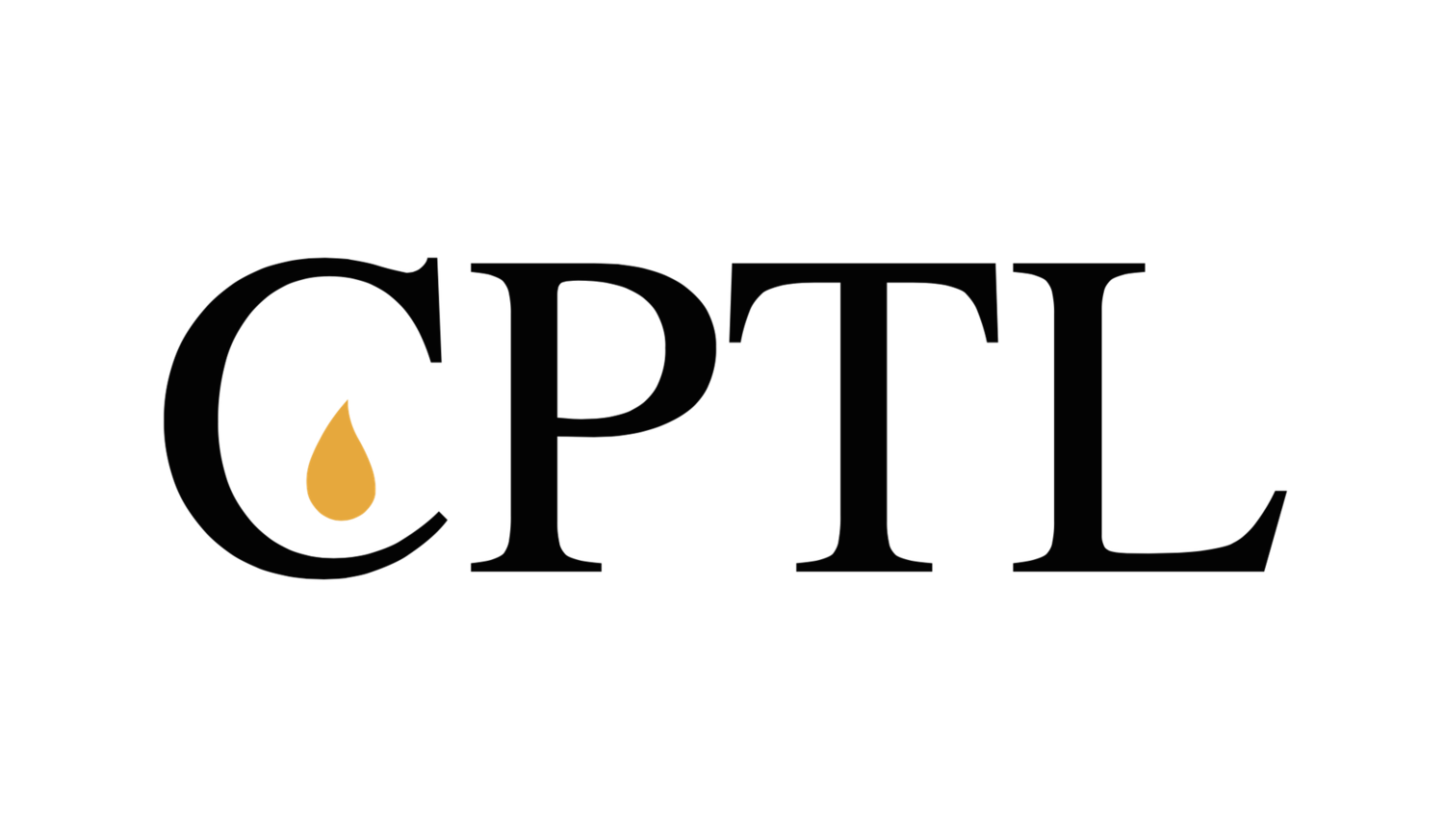bbl
/Oil is measured in barrels, a volume of 42 US gallons or 35 imperial gallons.
The notation for a barrel, used in all industry documents and upstream agreements, is bbl. This dates from the very early days of the industry in the United States.
It would be easy to understand if the notation was just bl, but the extra b is curious. There is no accepted account of how it came to be included. The likeliest explanation is that bbl originally stood for blue barrel.
By the 1890s John D Rockefeller and his company Standard Oil owned more than ninety percent of the oil industry in the United States, and thus the world. They distinguished their standard oil by transporting it in blue barrels.
This was more than just a branding exercise. It had a commercial purpose.
As the largest oil producer in the United States, Standard Oil made sure its barrels took priority, and paid the railroads less to transport a barrel than any other producer. That was inevitable.
But Standard Oil went one step further. They demanded that the railroads pay them for every barrel transported for competitors. These payments were known as drawbacks.
It seems bbl originated on rail documents to identify the priority barrels and to distinguish them from those on which drawbacks were payable. Usually there were a lot more blue ones, so bbl was very much more common than bl, and bbl became universal.
When the commercial behavior of Standard Oil came under judicial scrutiny, the drawbacks were a smoking gun. In 1911 the Supreme Court ordered the break-up of Standard Oil for this and other anti-competitive practices.
So it seems that bbl is a relic of one of history’s great monopolies, and the monopoly behaviour that brought it down.
-----------------------------------------
See also: Over a Barrel






Drilling an exploration well is always a tense time for those involved in it, even the lawyers and contracts specialists whose contribution is usually finished before the well is begun. . .